
EVOCARE BILLINGS & IT SOLUTIONS
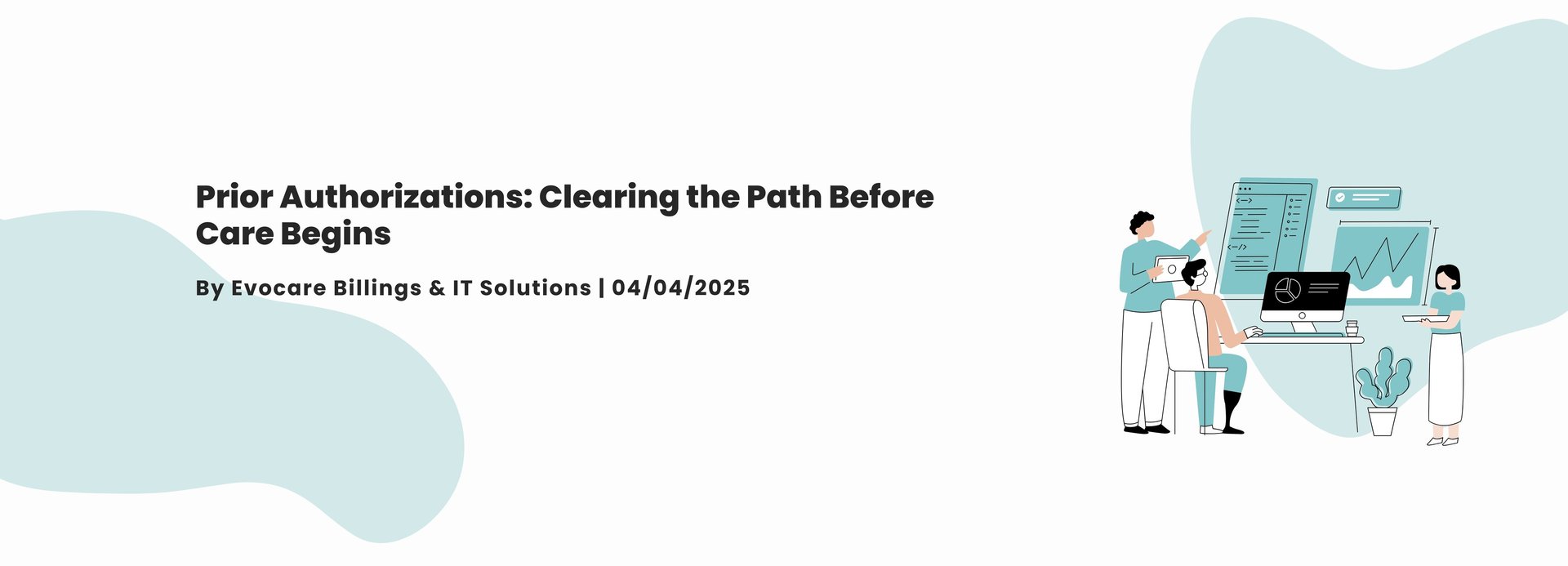
Prior Authorizations: Clearing the Path Before Care Begins
By Evocare Billings & IT Solutions
Understanding Prior Authorizations
Prior authorization (PA), also known as pre-authorization or pre-certification, is a requirement by insurance payers to approve certain healthcare services before they are provided. The intent is to confirm that the service is medically necessary, cost-effective, and falls within the patient’s covered benefits.
Call Us Now | +1 (323) 412-5399
Get a Quote
We Are Looking Forward to Hear from You..!!
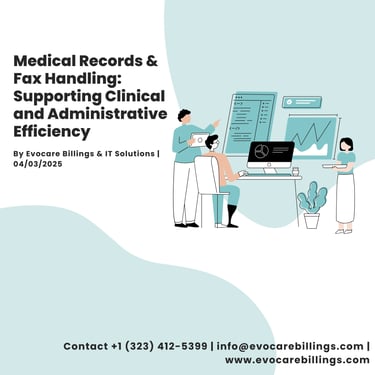

Why Is Prior Authorization Important?
Most strict when it comes to prior authorizations
Typically requires PA for specialist visits, diagnostic procedures, and non-emergency hospital admissions
Requires referrals from Primary Care Physicians (PCPs)
Services rendered out-of-network are usually denied without PA
1. HMO (Health Maintenance Organization)
2. PPO (Preferred Provider Organization)
More flexible, but many high-cost procedures and specialty medications still need PA
May allow out-of-network services, but PA is strongly encouraged to avoid denials or reduced reimbursement
Less emphasis on PCP referrals
How Insurance Types Affect Prior Authorization Requirements
Highly regulated, often requiring PA for:
Specialist visits
Behavioral health services
DME and home health
Rules can vary by state and Medicaid plan administrator
5. Medicaid
Common Challenges and Delays
Lack of standardization across payers
Manual processes and redundant paperwork
Long response times from insurance providers
Inadequate or missing documentation
Communication gaps between staff, providers, and payers
Best Practices for Streamlined Authorizations
✔ Use payer portals or integrated EHR tools for real-time requirements
✔ Train staff to recognize services that commonly need prior authorization
✔ Maintain templates for clinical documentation to meet payer expectations
✔ Assign dedicated authorization coordinators or teams
✔ Track approvals and denials in a centralized system
✔ Communicate clearly with patients about expected wait times and outcomes
Leveraging Technology and Automation
AI-driven tools to auto-identify services that need PA
Electronic Prior Authorization (ePA) platforms for faster submission
Workflow management systems to monitor status and deadlines
EHR integration to reduce duplication of effort
Modern technology can drastically improve PA management. Many practices now use:
Outsourcing Prior Authorization Services
For many practices, especially high-volume specialties like cardiology, radiology, or oncology, outsourcing prior authorization services offers clear advantages:
Trained teams handle time-consuming tasks like submissions and follow-ups
Faster turnaround due to dedicated workflows and payer expertise
Reduced burden on in-house staff, allowing focus on patient care
Better tracking and documentation for compliance and audit readiness
Increased approval rates and fewer denials
By partnering with RCM or third-party authorization providers, healthcare organizations can streamline the PA process while maintaining compliance.
Prior Authorizations: Clearing the Path Before Care Begins
Before many medical procedures, diagnostic tests, or specialist referrals can take place, prior authorizations must be obtained from insurance providers. This step often stands between a patient’s treatment plan and actual delivery of care. While the purpose of prior authorization is to control costs and ensure medical necessity, it also introduces administrative hurdles for providers and can delay timely care if not managed efficiently. As healthcare systems strive to improve both compliance and patient satisfaction, streamlining the prior authorization process becomes essential.
JOIN OUR MEDICAL BILLING NEWSLETTER
Keep your practice ahead with the latest trends, expert tips, and industry updates in medical billing. Evocare Billing provides healthcare practitioners, physician groups, and hospitals with seamless billing solutions to optimize revenue and minimize claim denials. Subscribe to our newsletter and gain exclusive insights to enhance your practice’s financial success.
CONNECT WITH US ON SOCIAL MEDIA...!!
Stay informed and engaged with the latest updates in medical billing. Follow Evocare Billing on social media for expert insights, industry trends, and tips to maximize your revenue. Join our community and take your practice to the next level!
Payment Posting
RCM SERVICES
Account Receivable
Denial Management & Appeals
Physician & Facility Credentialing
Prior Authorizations
Medical Records & Fax Handling
Virtual Medical Assistant
Chronic Care Management
Insurance Verification and Eligibility
End to End RCM Services
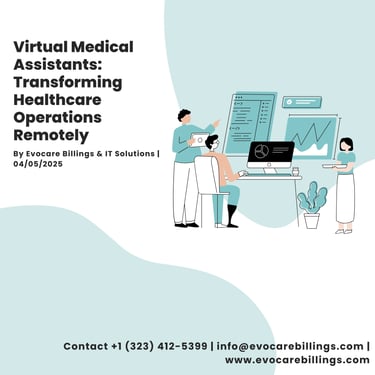

Prior authorization impacts multiple areas of the healthcare revenue cycle:
Not all insurance plans treat prior authorizations the same way. The type of insurance a patient holds often determines:
Prior authorizations are often cited as one of the most burdensome administrative tasks in healthcare. According to the American Medical Association (AMA), physicians and their staff spend hours each week managing PAs. Common challenges include:
Implementing the following practices can help reduce turnaround time and boost approval rates:
Services typically requiring prior authorization include:
3. EPO (Exclusive Provider Organization)
Functions similarly to HMO but without referral requirements
Strict in-network usage; services outside the network often denied
PA usually required for imaging, surgeries, or inpatient stays
4. POS (Point of Service)
Hybrid between HMO and PPO
Requires PA especially when opting for out-of-network care
PCP referrals and network rules apply
6. Medicare
Original Medicare (Parts A & B) typically requires fewer PAs
Medicare Advantage (Part C) plans follow private payer rules and may have extensive PA requirements
Increasingly adopting PA requirements similar to commercial plans
Advanced imaging (e.g., MRIs, CT scans)
Elective surgeries
Specialty medications (especially injectables or high-cost drugs)
Durable medical equipment (DME)
Behavioral health services
Certain specialist consultations or therapies
Prevents claim denials by ensuring payer compliance
Improves reimbursement rates by verifying medical necessity upfront
Minimizes patient out-of-pocket costs by confirming eligibility
Reduces financial liability for providers
Failing to obtain a PA can result in full denial of payment, leaving providers or patients responsible for the cost.
Whether prior authorization is required
Which services need approval
Who is responsible for initiating the process
Here’s a breakdown by common insurance types:
Understanding these differences is vital for healthcare teams to ensure proper compliance and reduce delays in care. Always consult the specific insurance carrier's provider portal or preauthorization grid to verify current requirements before rendering services.
Determine if a service needs PA using payer portals or eligibility tools.
Check patient plan specifics (some plans vary by employer or state).
1. Verification of Requirement
2. Document Collection
Gather clinical notes, test results, diagnosis codes (ICD-10), and treatment plans.
The Prior Authorization Workflow
Collect additional evidence and resubmit as necessary.
Involve provider in peer-to-peer reviews when needed.
5. Appeal Process (if denied)
Managing prior authorizations effectively requires a structured and collaborative workflow. Here’s a high-level breakdown:
3. Submission to Payer
Submit request via payer portal, fax, or EHR-integrated tool.
Include all supporting documents to avoid delays.
4. Follow-Up and Tracking
Monitor status regularly and respond to payer requests for additional info.
Communicate approval or denial to the physician and patient.
These tools help lower the risk of human error and improve overall operational efficiency.
The Connection to Patient Experience and Revenue Cycle
Delayed treatment harms patient satisfaction and health results
Unapproved services lead to denied claims and lost revenue
Confused patients may cancel or defer care due to unclear insurance coverage
Delays or errors in prior authorizations can significantly impact both patient outcomes and provider revenue:
Final Thoughts: Building a Proactive Authorization Strategy
In today’s healthcare landscape, proactive prior authorization management isn’t optional—it’s essential. By investing in trained staff, automation tools, and clear workflows, providers can reduce friction in the care journey and protect their financial interests.
Actionable Steps:
Audit current PA processes and identify bottlenecks.
Educate staff and providers on payer requirements and documentation standards.
Implement technology to automate and track submissions.
Consider outsourcing to streamline high-volume or complex cases.
Engage patients early with transparency around service approvals
A well-managed PA system ensures care continuity, strengthens revenue integrity, and fosters trust between patients and healthcare providers.
Blogs | Subscribe To Billing Insights
Enjoy Seamless Solutions, Excellent Results..!!
Earn more and get paid faster with Evocare Medical Billing's 24/7 services.
Evocare is a medical billing provider that integrates with your existing EHR system for streamlined processing.
We are honored to offer top-tier service with a 99% retention rate that sets us apart.

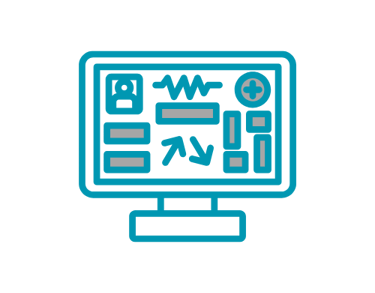

About Us:
We are dedicated to providing solutions that streamline operations & maximize revenue for providers. With a commitment to accuracy, efficiency & compliance, we help practice focus on delivering exceptional patient care.
Services:
Resources:
Terms & Conditions
|
|
HIPPA
ICD 10
EIN Registration 98-1830929
|
EHR:
Specialties:
FOLLOW US
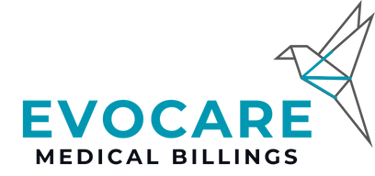

And Many More..!!
